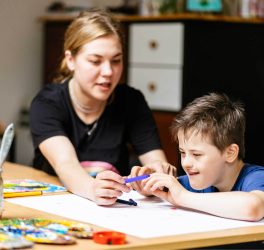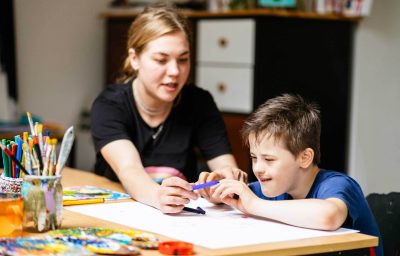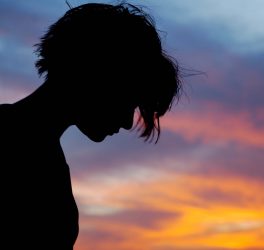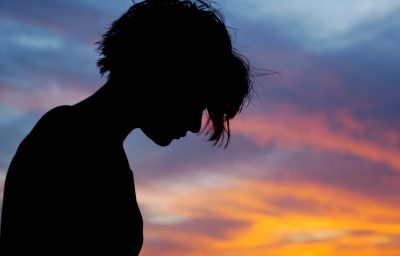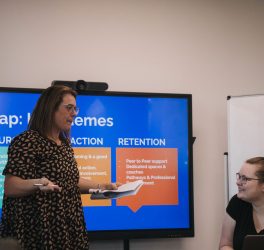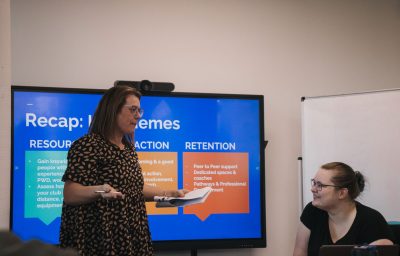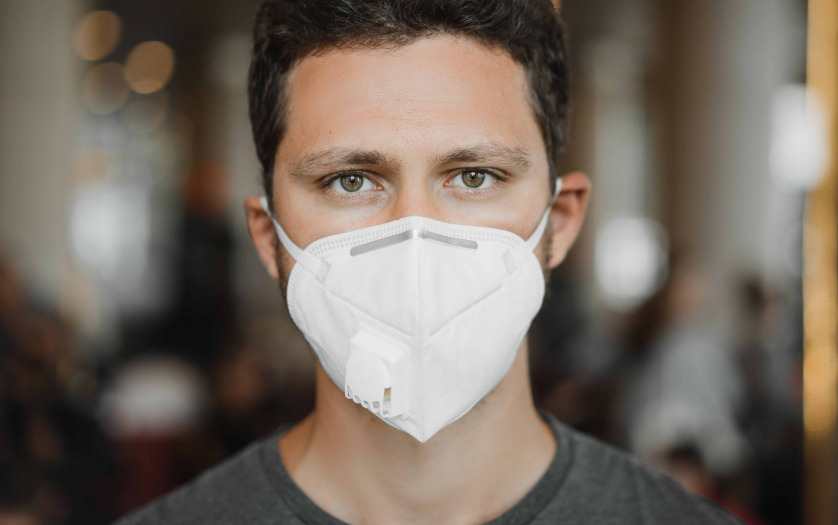
Coronavirus had a stark impact on the mental wellbeing of young Australians, with a new survey from health promotion foundation VicHealth and Burnet Institute showing many felt lonely, struggled to connect to others and experienced problems with their sleep.
Around 2,000 Australians aged 15-29 were surveyed for the Young people coping with coronavirus report released today. Key findings show that during the pandemic:
- More than one in three young Aussies did not feel connected to others, an important precursor for mental wellbeing
- 15-19 year-olds and non-binary gender young people experienced the highest levels of loneliness of all survey respondents
- almost one in three had more sleep problems than before coronavirus
- three in four (74%) young people used social media more, and two in three (68%) felt they were using social media too much.
Lead researcher, Dr Megan Lim, said young people were struggling with multiple issues including mental health, social isolation, difficult living situations, and financial security.
“Education was a big concern for many young people,“ Dr Lim, Burnet Institute Deputy Program Director, Behaviours and Health Risks, said.
“They were worried about how the disruptions would affect their assessments and outcomes. They felt they weren’t getting enough support from remote learning, they missed their friends and teachers, and were missing out on the special experiences of the final years of school or university.”
“It’s important for us to recognise that young people are making a lot of sacrifices for the community. They were more likely to lose work, they usually spend the most time socialising out of home, and they have more unstable home lives.”
VicHealth CEO Dr Sandro Demaio said the coronavirus pandemic had disproportionately impacted the wellbeing of young Australians.
“2020 has been an incredibly tough year for young Australians, with coronavirus impacting how they learn, work and connect with friends and family,” Dr Demaio said.
“Our previous research showed a significant number of young people were already experiencing high levels of loneliness before the pandemic hit, and this study has shown the pandemic has exacerbated these issues further.
“As we move into COVID-normal we must continue to support young Australians to develop meaningful social connections and to feel empowered and optimistic about pursuing their goals. This will be a big focus for VicHealth going into 2021 and beyond.”
Twenty-one-year old Anesh Sethuraman said the pandemic had turned his life upside down.
“A lack of meaningful social connection had a significant impact on my mental wellbeing, and small tasks such as getting out of bed or keeping a clean room seemed impossible at times,” Mr Sethuraman said.
“By implementing daily mental habits such as mindfulness and gratitude practice, I became more appreciative and content with the circumstances I found myself in.”
In the survey, young people were asked what those in power could do to help them stay connected, healthy and mentally well. Common themes included more programs to foster positive mental wellbeing and drive connection with other young people and greater consideration of youth voices in decision making.
“It was a huge and rewarding undertaking to pivot our face-to-face programming to a virtual model and has been such a beacon of hope during what has been a very challenging time for young people,“ Peta Gillies, Executive General Manager for Youth, Disability and Camping at YMCA Victoria, said.
This release includes interim findings of a survey of 2,006 Australians aged 15-29 conducted from April to July 2020. The survey will be repeated at 3-6 monthly intervals for a further three waves, from July 2020 through to April 2021.

